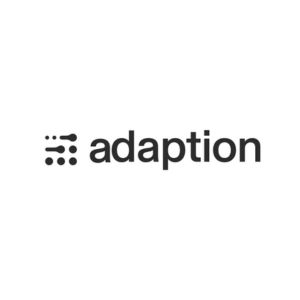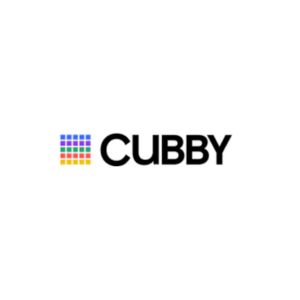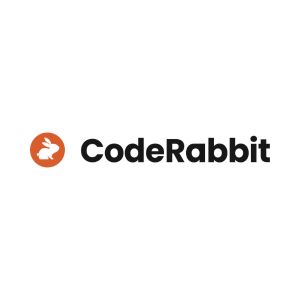Startups & Business News
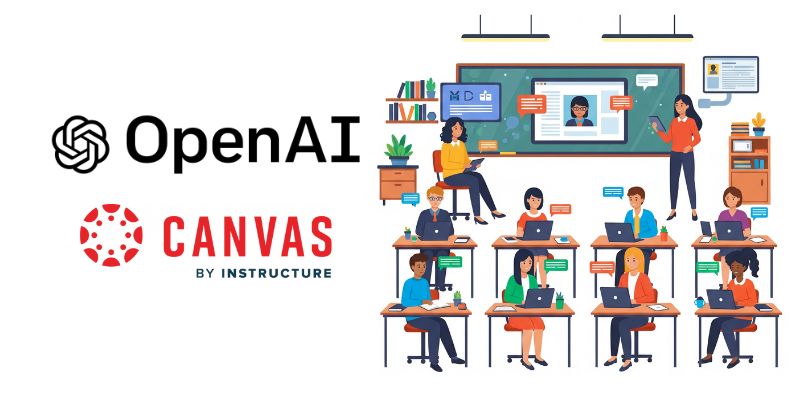
The recent global partnership between OpenAI and Instructure marks a pivotal advancement in education technology, embedding AI-powered tools directly into the Canvas Learning Management System (LMS) deployed by over 8,000 schools worldwide. This integration introduces novel ways for educators to design dynamic and interactive learning experiences powered by AI, fundamentally changing classroom dynamics and enhancing student engagement.
Transforming Assignments with AI-Driven Interactivity
At the heart of this collaboration is the LLM-Enabled Assignment tool, which empowers educators to create customized AI interactions within Canvas. Unlike traditional assignments that focus solely on final student outputs, these AI-enhanced assignments encourage rich, conversational engagement between students and AI models, mimicking dialogues with historical figures or exploring complex subjects interactively. This shift allows teachers to gain deeper insights into students’ thought processes, capturing how learners approach problems rather than just seeing the end results.
This innovative format supports personalized learning paths and helps maintain pedagogical integrity by keeping AI interactions transparent and visible to educators, addressing widespread concerns about unauthorized AI use or “cheating.” By embedding AI natively in the LMS, instructors can track and guide AI-assisted learning effectively.
Competitive Edge in the EdTech Landscape
The partnership places Instructure and OpenAI at the forefront of the rapidly evolving edtech market, competing alongside major players like Apple and Google who are also vying for early adoption by student users. OpenAI’s integration within Canvas complements Instructure’s IgniteAI framework, which already supports multiple generative AI tools including Anthropic’s Claude and Google’s Gemini.
For schools and institutions, this alliance promises not just automation of routine administrative tasks (such as grading and student progress tracking) but also enhanced, personalized learning experiences that adapt to diverse student needs. The result is a more connected and future-ready learning ecosystem that utilizes AI as both an instructional and operational partner.
Addressing Educator Challenges and Concerns
Despite the excitement surrounding AI, many educators remain cautious. In the past, tools like ChatGPT faced bans in schools amid concerns over academic integrity and student focus. Surveys reveal that a significant portion of educators worry generative AI might negatively impact attention spans or reduce meaningful learning. However, leaders from Instructure emphasize that AI must be used to make learning more applicable and engaging, aligning with students’ desires for meaningful and relevant education.
By embedding AI tools directly into established educational workflows, the partnership aims to balance innovation with responsibility, enabling teachers to harness AI benefits while maintaining control over learning outcomes.
The Future of AI-Enhanced Education with Canvas
This collaboration between OpenAI and Instructure sets a new standard for integrating AI in education, moving Canvas beyond a traditional content delivery platform into an interactive, AI-powered learning environment. As AI capabilities become increasingly embedded in classrooms globally, educators gain powerful tools to personalize learning, provide immediate feedback, and cultivate critical thinking skills.
Ultimately, this partnership reflects a broader trend of technology-driven transformation in education, where intelligent platforms adapt dynamically to student progress and empower teachers with deeper data-driven insights—all while ensuring transparency and academic rigor remain paramount.

futureTEKnow
Editorial Team
futureTEKnow is a leading source for Technology, Startups, and Business News, spotlighting the most innovative companies and breakthrough trends in emerging tech sectors like Artificial Intelligence (AI), Robotics, and the Space Industry.
Discover the companies and startups shaping tomorrow — explore the future of technology today.
Most Popular
Trending Companies
Latest Articles
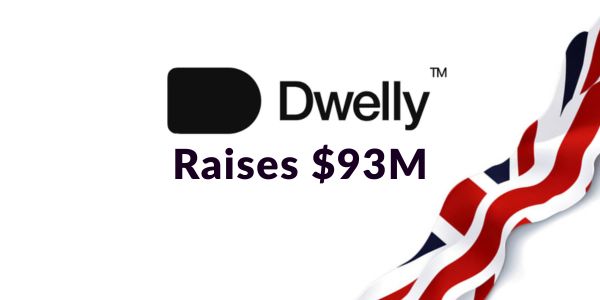
Dwelly Raises $93M to Supercharge AI-Powered UK Rentals Roll-Up
London startup Dwelly just landed $93M to snap up UK rental agencies and inject AI smarts. Founders from Uber and
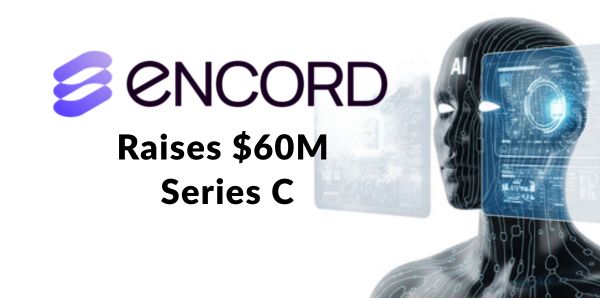
Encord Raises $60M Series C: Fueling Physical AI Data Wave
Encord just landed $60M in Series C funding to supercharge data tools for physical AI. Founders Eric Landau and Ulrik

Foodforecast Raises €8M Series A to Slash Ultra-Fresh Food Waste with AI
Foodforecast, a Cologne AI foodtech firm, just scored €8M in Series A funding led by SHIFT Invest. Their tools predict

AI-Driven Operational Excellence: How Leaders Scale Ownership, Discipline, and Continuous Improvement in 2026
In 2026, AI scales operational excellence fundamentals—clear ownership, disciplined execution, and continuous improvement—letting leaders focus on outcomes while systems handle
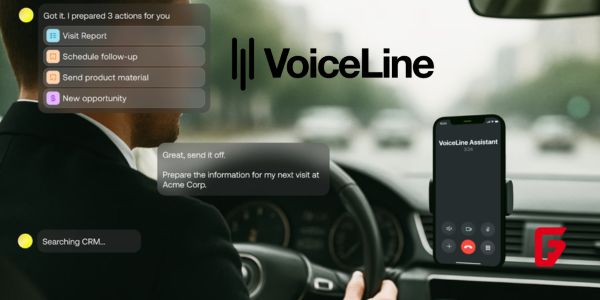
VoiceLine raises €10M to scale voice AI for enterprise frontline teams
Munich-based VoiceLine has closed a €10M Series A round to grow its voice AI platform for frontline sales and service

AI-Driven Logistics & Distribution Transformation: From Insight to Scalable Impact
AI is redefining logistics transformation—from network design to real-time execution. This article explores how data-driven insight, intelligent automation, and scalable

Hai Robotics Hong Kong IPO: From Startup Funding to Warehouse Robot Leader
Shenzhen’s Hai Robotics, pioneer in ACR warehouse robots, files for HK IPO after raising over $500M in funding rounds led

AI-Enabled Process Engineering & Continuous Improvement: Designing Systems That Learn
Explore how AI transforms process engineering and continuous improvement into self-learning systems. This article explains how organizations can design operations
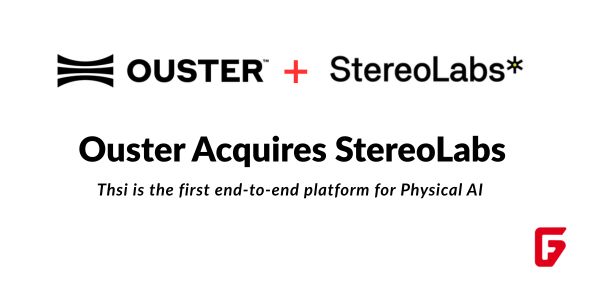
Ouster Acquires StereoLabs: Unified Physical AI Sensing Platform Launches
Ouster’s $35M StereoLabs acquisition fuses lidar and ZED cameras into end-to-end Physical AI sensing. Founders Cecile Schmollgruber and team drive

Bretton AI Lands $75M Series B Funding to Scale AI Agents for Financial Crime and AML/KYC Compliance
Bretton AI’s $75M Series B modernizes AML KYC compliance via AI agents, slashing staffing costs for banks and fintechs like

Axiom Space Raises $350M to Build Commercial Space Station and NASA Spacesuits
Axiom Space has locked in a fresh $350M raise to push its commercial space station and NASA lunar spacesuits toward

Santé Raises $7.6M Seed: AI Fintech Revolution for Wine and Liquor Retail
New York startup Santé secures $7.6M seed to build AI-powered POS for liquor stores, tackling regs & inventory woes after
futureTEKnow is focused on identifying and promoting creators, disruptors and innovators, and serving as a vital resource for those interested in the latest advancements in technology.
© 2026 All Rights Reserved.
![Discover the top 10 AI companies in Germany [1st Edition], revolutionizing industries with cutting-edge technology and innovations.](https://futureteknow.com/wp-content/uploads/2025/02/Top-10-AI-Companies-in-Germany-Leading-the-Tech-Revolution-futureTEKnow.jpg)


